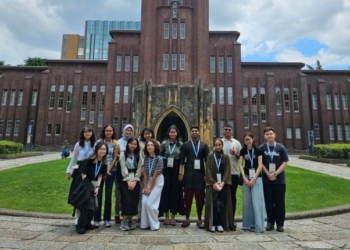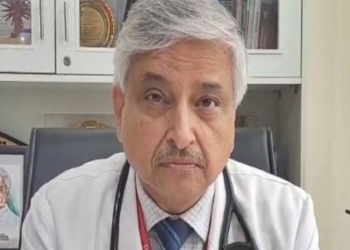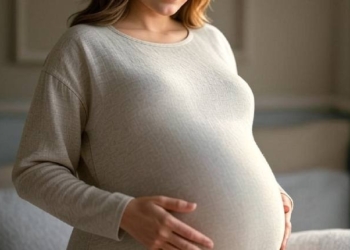New York: People get happy as they earn more, according to a new study which overturns the dominant thinking that money cannot buy happiness.
The study published in Proceedings of the National Academy of Sciences paper, shows that, on average, larger incomes are associated with ever-increasing levels of happiness.
Two prominent researchers, Daniel Kahneman from Princeton University and Matthew Killingsworth from the University of Pennsylvania, surveyed 33,391 adults aged between 18 and 65 who live in the US, are employed and report a household income of at least $10,000 a year.
For the least happy group, happiness rose with income until $100,000, then showed no further increase as income grew. For those in the middle range of emotional well-being, happiness increases linearly with income, and for the happiest group the association actually accelerates above $100,000.
“In the simplest terms, this suggests that for most people larger incomes are associated with greater happiness,” said lead author Killingsworth.
“The exception is people who are financially well-off but unhappy. For instance, if you’re rich and miserable, more money won’t help. For everyone else, more money was associated with higher happiness to somewhat varying degrees,” he added.
The researchers said that the study shows both a happy majority and an unhappy minority exist.
For the former, happiness keeps rising as more money comes in; the latter’s happiness improves as income rises but only up to a certain income threshold, after which it progresses no further.
These findings also have real-world implications, according to Killingsworth.
For one, they could inform thinking about tax rates or how to compensate employees. And, of course, they matter to individuals as they navigate career choices or weigh a larger income against other priorities in life, Killingsworth said.
However, he adds that for emotional well-being money isn’t all. “Money is just one of the many determinants of happiness,” he says. “Money is not the secret to happiness, but it can probably help a bit.”
(IANS)
















